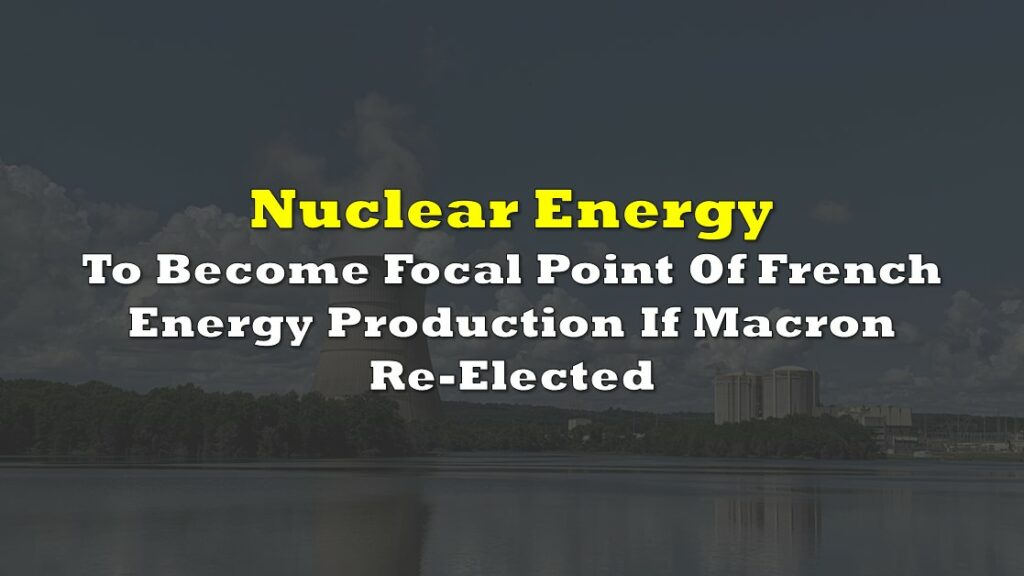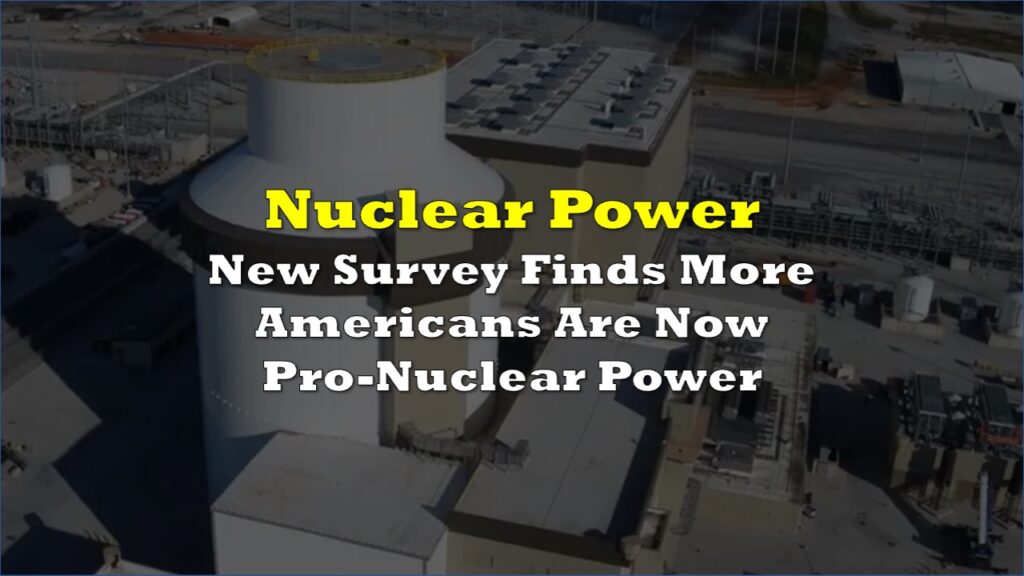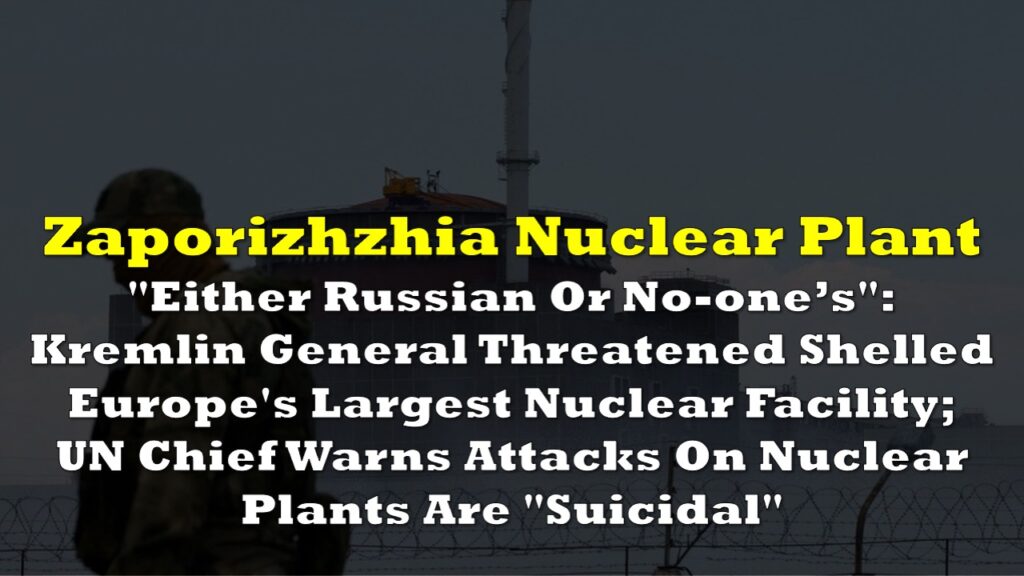South Korea is set to embark on extending the lifespan of ten nuclear reactors in a bid to meet its green energy objectives. Under the previous administration, these reactors were slated to be permanently shut down within the next five years. However, a shift in policy direction has led to a new strategy aimed at prolonging their operational lifespans.
The process of extending the operating period of reactors such as those at the Wolseong nuclear power plant Units 2, 3, and 4, which were originally scheduled to close within two to five years, will commence this month. This marks a departure from the initial plans, as the reactors have now surpassed their previous operating permits of 30 to 40 years.
All ten nuclear power plants, previously slated for closure by 2030, are now undergoing evaluations to extend their operations.
These are the 10 reactors
— Stephen Stapczynski (@SStapczynski) April 1, 2024
The middle column shows when their operational license is set to expire pic.twitter.com/C4hQyiHvuq
According to industry insiders, extending the lifespan of these nuclear plants is seen as a pivotal step towards maximizing their potential. Professor Yong-Hoon Jeong from KAIST commented, “Considering that domestic nuclear power plants are better managed than those in other countries, there is no issue with operating them for 70 to 80 years.”
Korea Hydro and Nuclear Power will submit reports assessing the safety and efficacy of extending the operation of reactors, starting with Wolseong Units 2, 3, and 4 in April.
The approval for extending the operation of Kori Unit 2 is imminent following a year-long review by the Nuclear Safety Committee. It is anticipated that this reactor could be back online as early as June next year, with others expected to follow suit.
Observers comment that extending the lifespan of nuclear reactors not only addresses the shortage of jobs in the nuclear industry but also contributes to the country’s energy security. Failure to extend these operations could lead to a reliance on costly LNG generation, further burdening energy costs.
The move comes amid a global trend to extend the operating permits of nuclear power plants, driven by increasing electricity demands due to advancements in technology such as AI, data centers, and electric vehicles.
The country’s move follows its neighbor Japan restarting the Kashiwazaki-Kariwa Nuclear Power Plant, regarded as the largest in the world, with the campus covering 4.2 square kilometres, or 1,000 acres. The plant boasts a nameplate capacity of 7,965 megawatts, with a total of seven reactors. Five of the reactors are 1,067 MW in size, with the remaining two measuring in at 1,315 MW each.
France commences Flamanville-3
On the other hand, France, already a major player in the global nuclear energy landscape, is set to mark a significant milestone as one of the world’s largest new nuclear reactors, Flamanville-3, receives clearance to load fuel and initiate its initial start-up phase.
The announcement came from EDF, France’s state-owned energy company, on Wednesday evening, confirming that the nuclear supervisory authority has given the green light for the final preparatory steps before the reactor’s operation.
Located in Flamanville on the English Channel, the Flamanville-3 reactor is poised to commence the fuel loading process in the upcoming weeks. It is projected to be connected to the grid by mid-2024, marking France’s first new reactor commissioning in over two decades.
⚡️1 of the world's largest new #Nuclear reactors🐳⚛️🏗️ 1650MW Flamanville-3🇫🇷 has been cleared to load fuel & begin initial start-up in #France where 56 reactors are in operation; 14 more are planned & 32 to be life-extended🤠🐂 #Uranium 24/7 #NetZero 🌊🏄 https://t.co/9Yof5iQG46
— John Quakes (@quakes99) March 31, 2024
Construction of the Flamanville reactor commenced in 2007, with ambitious plans initially estimating a cost of €3.3 billion ($3.6 billion). However, the project has been beset by delays and cost overruns, with the estimated expenditure ballooning to over €12 billion.
Delays in the reactor’s construction have been attributed to various issues, including concerns over leaking weld seams in the steel shell, which have necessitated additional remedial work.
France’s commitment to nuclear energy remains steadfast, positioning itself as the second-largest producer of nuclear power globally, trailing only behind the United States. In a bid to address concerns about global warming and ensure energy security, France is contemplating the construction of 14 or more new nuclear plants.
Furthermore, the country plans to extend the operational lifespan of 32 out of its existing 56 reactors, provided that stringent safety standards are met.
Information for this story was found via DW, Chosun, and the sources mentioned. The author has no securities or affiliations related to the organizations discussed. Not a recommendation to buy or sell. Always do additional research and consult a professional before purchasing a security. The author holds no licenses.









